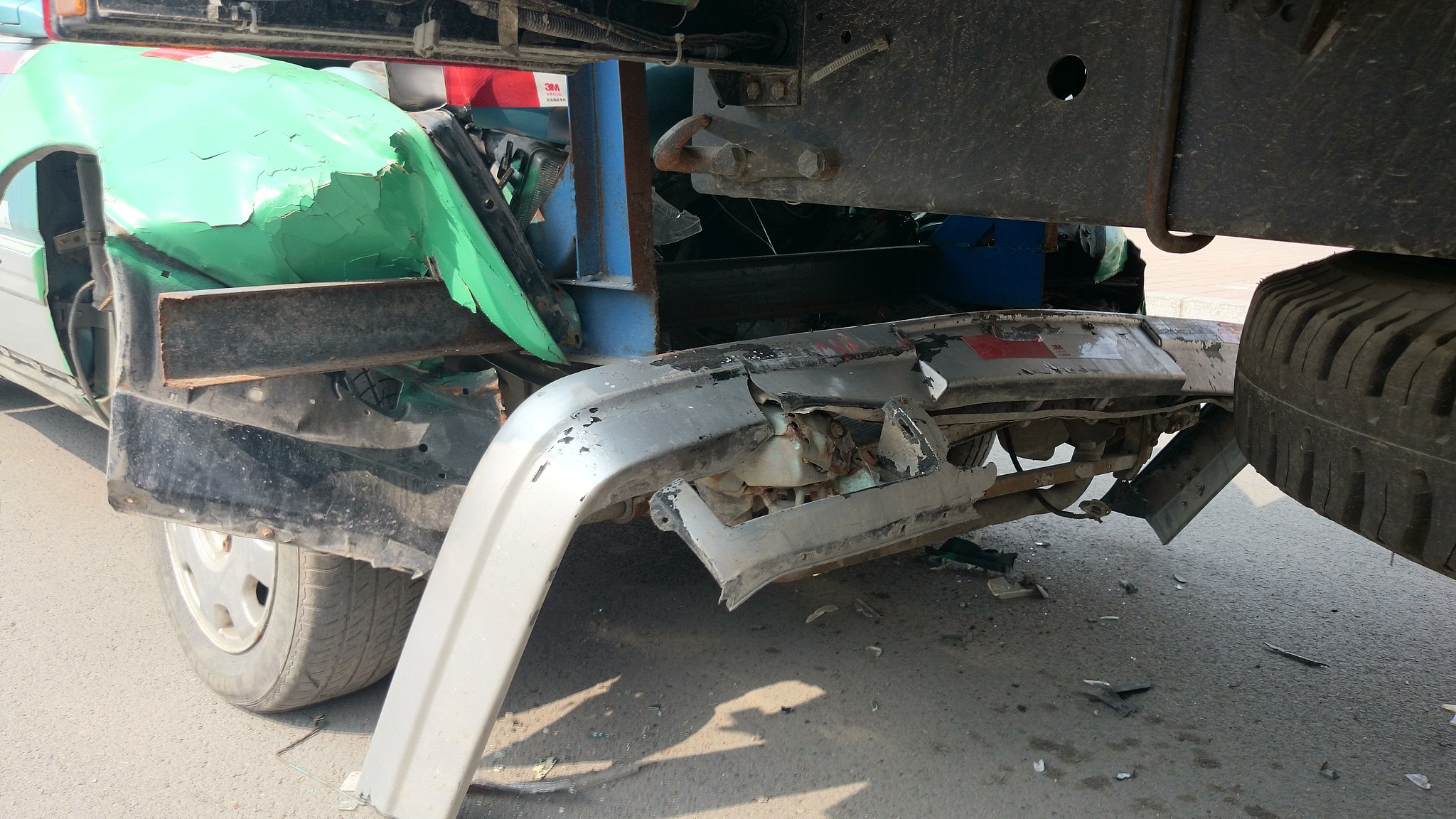Truck accidents typically result in more severe damage and injuries because of the vehicle’s size and weight.
When a truck accident occurs, the legal ramifications can be significantly different than those arising from a car accident. Trucks, given their larger size and weight compared to traditional passenger vehicles, often cause more severe damage and injuries. This amplifies the complexity of legal claims, as regulations governing commercial trucking are more intricate than standard traffic laws. Individuals involved in truck accidents should be aware that these incidents are subject to a distinct set of rules that can influence the outcome of their legal proceedings.
Understanding the nuances of truck accident litigation is crucial due to the presence of various stakeholders including trucking companies, insurance carriers, and regulatory bodies. Legal accountability extends beyond the drivers to include trucking companies, manufacturers, and sometimes even government entities responsible for road maintenance. The thorough investigation required to establish fault in truck accidents often involves reviewing logbooks, maintenance records, and driver history, which are not typically central to car accident cases.
Moreover, due to the potential for larger settlements or judgments given the greater severity of injuries and damages involved, trucking companies and their insurers may have aggressive legal representation. Therefore, those affected by truck accidents are advised to seek legal counsel experienced in this specific area to navigate the complexities of the case and to ensure their rights are adequately protected.
Comparing Truck and Car Accident Claims
When considering the legal nuances between truck and car accident claims, it is vital to understand the distinct regulations, insurance frameworks, and collision impacts, as each factor profoundly influences the claim process.
Differences in Regulations and Standards
Trucks are subject to a complex web of federal and state regulations that do not apply to passenger cars. The Federal Motor Carrier Safety Administration (FMCSA) sets standards that impact how claims are processed, including hours of service for truck drivers, maintenance requirements, and qualifications for trucking companies. These regulations affect the ability to file a claim after a truck accident, as violations of these standards can influence fault determination.
Variations in Insurance and Liability
Insurance coverage for commercial trucks is often much higher than for cars due to the potential for more significant damage. Truck accident claims can involve multiple parties, including the driver, trucking company, and cargo loaders, which makes determining liability more complex. In contrast, car accident claims typically involve the individual drivers’ insurance policies.
Truck Insurance Coverage
- Minimum coverage substantially higher than for cars
- Policies can extend to cargo and third-party damages
Car Insurance Coverage
- Minimum liability limits as established by state law
- Generally covers property damage and personal injury
Severity and Impact of Collisions
Truck accidents typically result in more severe damage and injuries because of the vehicle’s size and weight. The claims process after a truck accident may necessitate a deeper investigation into the cause and extent of damages. This contrasts with car accidents, where damages and injuries, while significant, can be less catastrophic on average.

Impact of Collision:
- Truck Accidents: Often involve severe property damage and life-altering injuries.
- Car Accidents: Typically less severe damage; injuries can range from minor to serious.
Navigating the Legal Process
When individuals are involved in a truck or car accident, understanding the legal nuances is crucial for navigating the claims process effectively. Differences in regulations, potential damages, and the complexity of cases necessitate a tailored approach to each situation.
In the aftermath of a truck accident, investigative procedures are often more complex compared to car accidents. These processes hinge heavily on federal and state regulations governing commercial vehicles. For instance, truck drivers must adhere to strict hours-of-service regulations set forth by the Federal Motor Carrier Safety Administration (FMCSA). Investigators will meticulously review logbooks, electronic logging devices (ELD), and other records to determine any discrepancies that could indicate violations leading up to the accident.
Investigators also examine the maintenance records of the truck, since improper maintenance is a common issue that can contribute to accidents. These records must comply with regulations and demonstrate that the truck was in good working order. Additionally, there’s an assessment of the driver’s qualifications, training, and history, to ensure they meet all necessary standards.


Join the conversation!